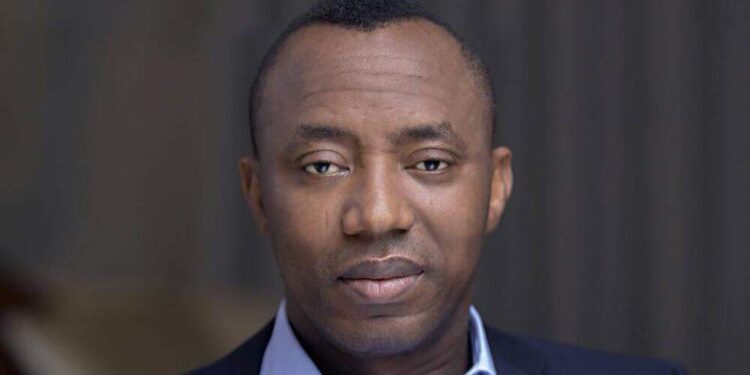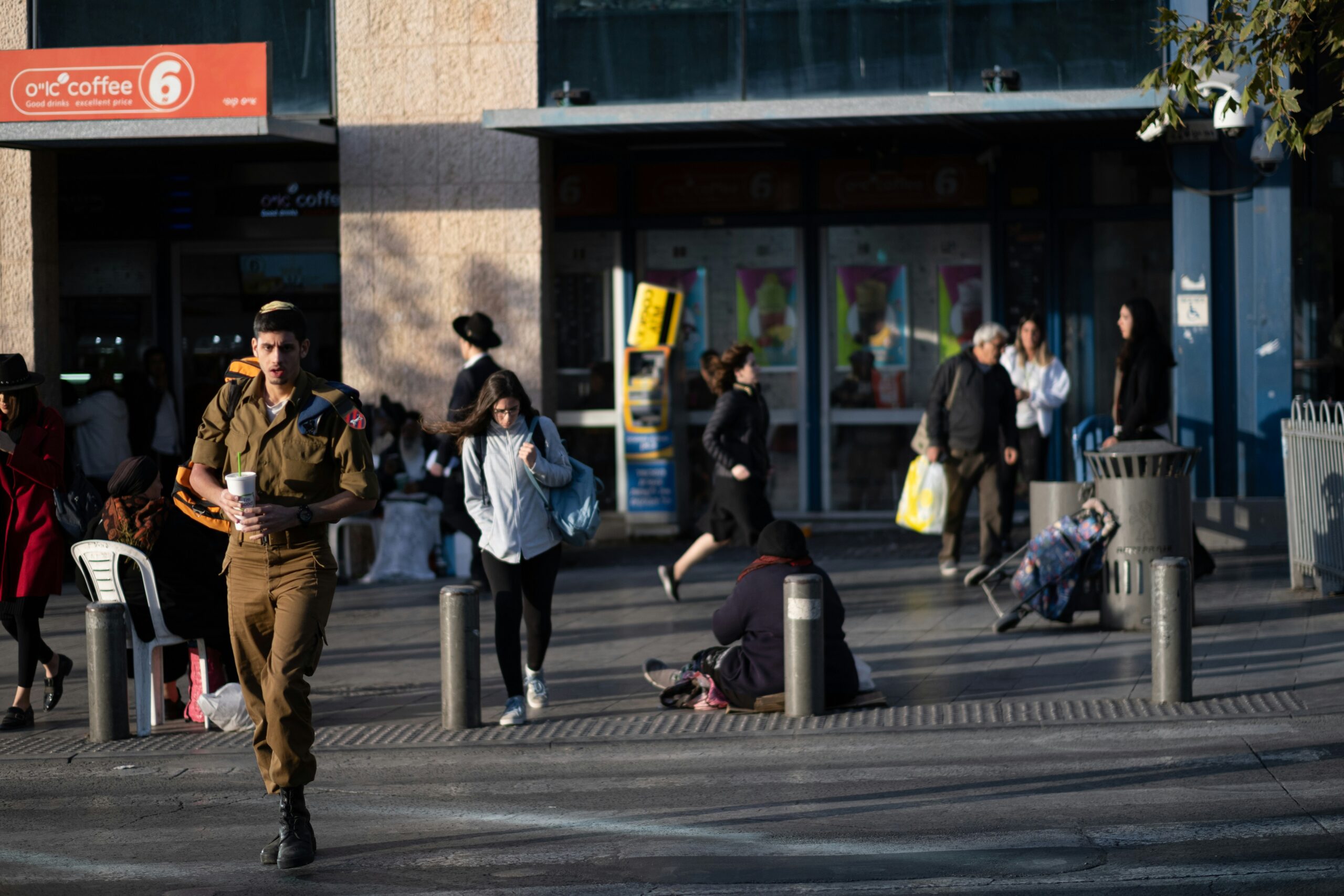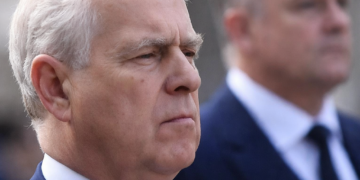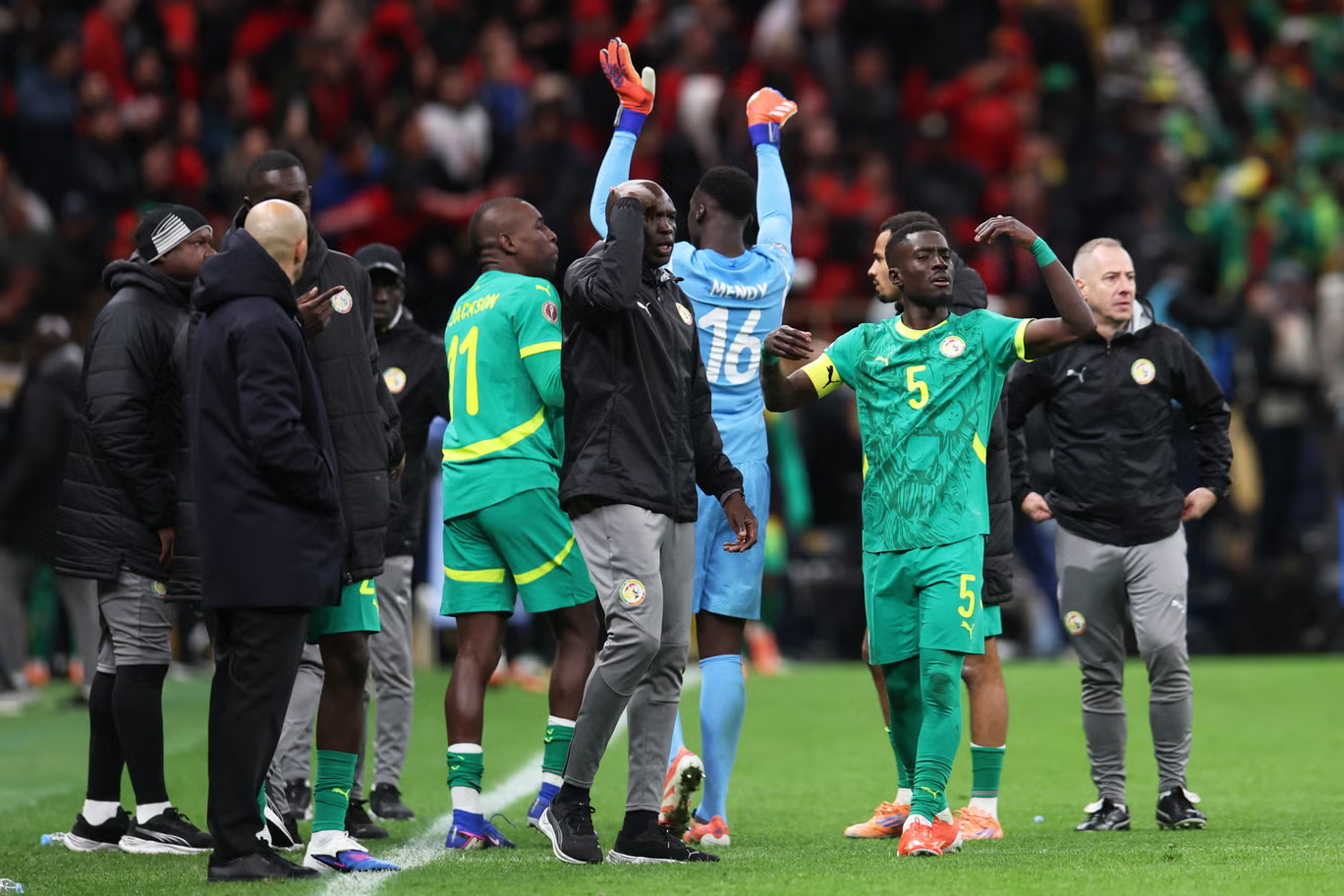The ongoing saga between Omoyele Sowore and Nigeria’s Department of State Services (DSS) over a critical tweet about President Bola Tinubu is not merely a legal dispute because it shows the stark manifestation of the Nigerian government’s increasing authoritarianism and its systematic assault on constitutional rights.
The DSS’s ultimatum demanding Sowore retract his tweet and apologize within one week is quite frankly a blatant misuse of state power designed to silence dissent and intimidate critics into submission. This action violates Nigeria’s constitutional guarantees of free speech and aligns with a well-documented pattern of repression under the Tinubu administration.

The Five Key Issues At Play
1. Political Weaponization of Security Agencies:
The DSS’s threat to initiate “measures it deems most appropriate” if Sowore refuses to comply reveals how security agencies have been transformed into tools for persecuting opposition voices by suppressing criticism. The DSS’s claim that Sowore’s tweet could incite violence is a thinly veiled pretext to justify this repression, especially as there’s no evidence of actual unrest has been presented.
2.Legal Misrepresentation and Fraudulent Claims:
The DSS’s citation of anti-terrorism laws to justify targeting Sowore is a gross misapplication of legislation intended to fight genuine threats. While Sowore’s tweet might seem harsh to the APC camp, it is merely a political speech, and not terrorism. This misuse of laws brings to mind other past abuses, such as the 2019 treason charges against Sowore for organizing peaceful #RevolutionNow protests, which courts later deemed baseless.
3. Hypocrisy in Fighting Corruption vs. Suppressing Criticism: Sowore’s tweet criticized Tinubu’s claim that “there is NO MORE corruption under his regime”. Rather than addressing this substantive issue, the government is attacking the messenger. This response clearly shows a government intolerant of accountability.
4. International Embarrassment and Diplomatic Ineptitude: The DSS’s decision to copy the U.S. Embassy in its letter to Sowore is a diplomatic misstep that inadvertently internationalizes Nigeria’s democratic deficits. It invites global scrutiny into the government’s suppression of dissent and aligns Nigeria with regimes that criminalize free speech.
5. Systematic Pattern of Silencing Dissent: Sowore’s history of arrests—including his detention in 2019 for treason, his recent arrest for calling the Inspector-General of Police “illegal”, and the DSS’s current threats—demonstrates a deliberate strategy to harass and exhaust critics through judicial and extra-judicial means.
What Happens Now?
If the federal government of Nigeria is interested and committed to reversing this alarming trend, the following actions are urgently needed:
First of all, there should be an immediate withdrawal of DSS threats. The DSS must retract its ultimatum to Sowore and cease all efforts to intimidate him. The agency should also issue a public commitment to respect free speech as guaranteed by Section 39 of Nigeria’s Constitution and international human rights treaties.
In addition, Nigeria’s judiciary must assert its independence by reviewing and striking down laws like the Cybercrimes Act 2025 and Terrorism Prevention Act 2022, which are routinely abused to target critics. Courts should actively protect citizens from state overreach.
In the same vein, the National Assembly should amend the laws to explicitly prohibit the use of security agencies for political purposes. Clear penalties for officials who misuse their power should be established, and oversight mechanisms to hold agencies like the DSS accountable should be strengthened.
Finally, perhaps in what is the last resort, Nigerians must organize against authoritarianism through legal challenges, public protests, and digital activism. Civil society groups should document abuses and provide legal support to victims of repression, ensuring that the government’s actions face sustained public scrutiny.
Why It Matters
The DSS’s targeting of Sowore is a test of Nigeria’s democratic integrity. If the government succeeds in silencing Sowore, it will embolden further repression and signal that criticism is no longer tolerated. Conversely, if citizens and institutions resist, they can reaffirm the principles of free speech and accountability that underpin democracy. Sowore’s defiance—supported by X’s transparency and Amnesty International —offers a rallying point for all Nigerians who refuse to accept authoritarianism.

















